Optimal Timing for Underbrush Clearings
Underbrush clearings are essential for maintaining healthy landscapes, preventing wildfires, and promoting new growth. The timing of these clearings significantly impacts their effectiveness and the health of the ecosystem. Proper scheduling ensures that vegetation is managed without disrupting wildlife habitats or plant cycles.
Spring is ideal for underbrush clearing as it promotes healthy growth and reduces fire risk before the peak growing season.
Clearing during late summer or early fall allows for removal of accumulated debris and prepares the landscape for winter.
Late fall to early winter is suitable when vegetation is dormant, minimizing disruption to wildlife and plant cycles.
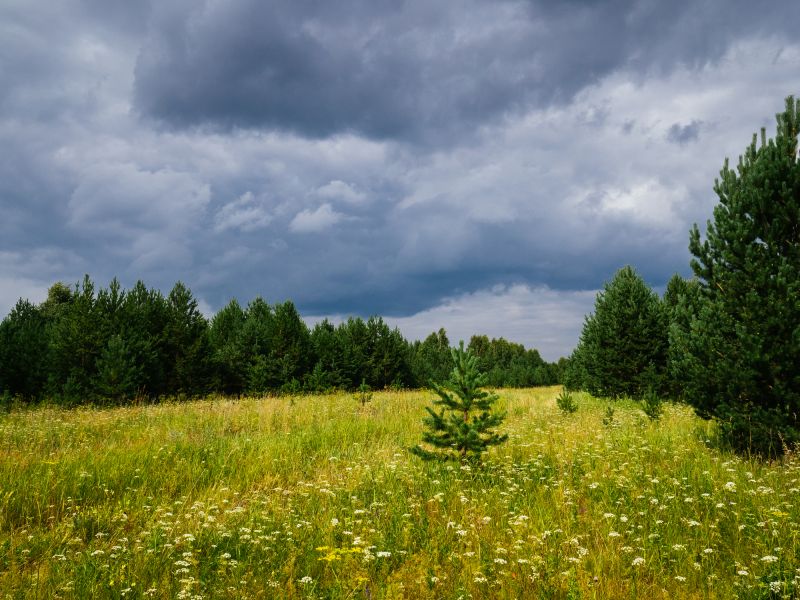
Springtime offers optimal conditions for clearing, supporting regrowth and reducing fire hazards.
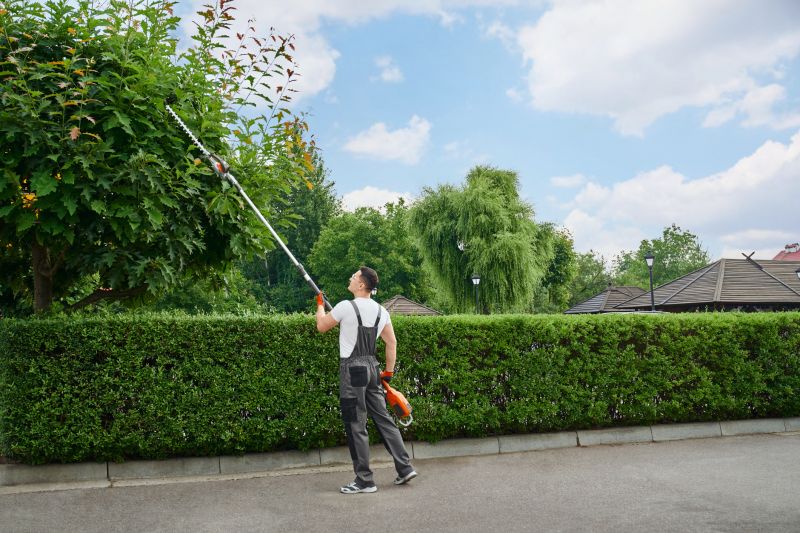
Mid-summer clearing helps manage excess growth and maintain landscape health.
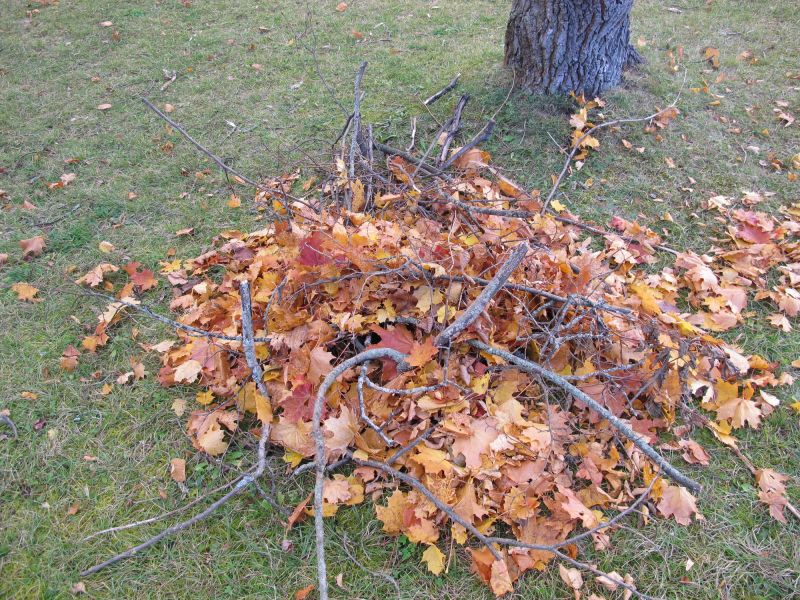
Early fall clearing prepares the area for winter and reduces debris buildup.
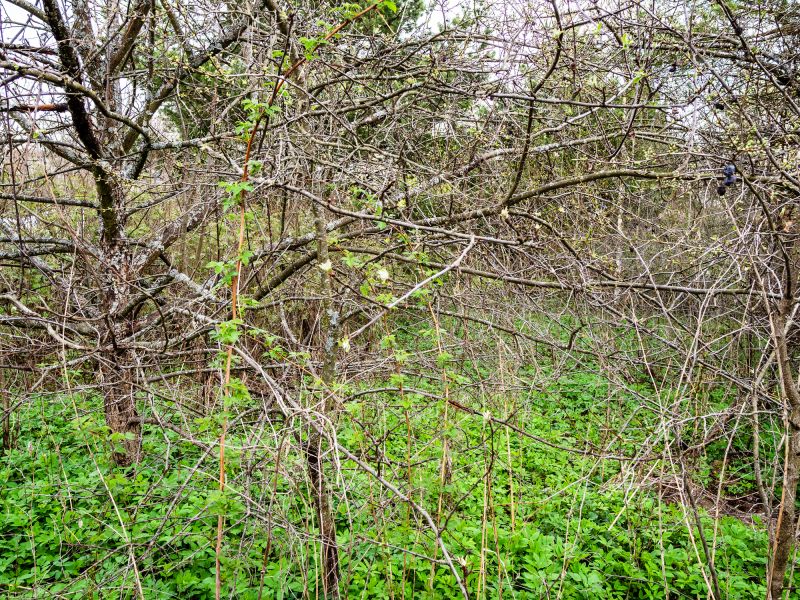
Ways to make Underbrush Clearings work in tight or awkward layouts.
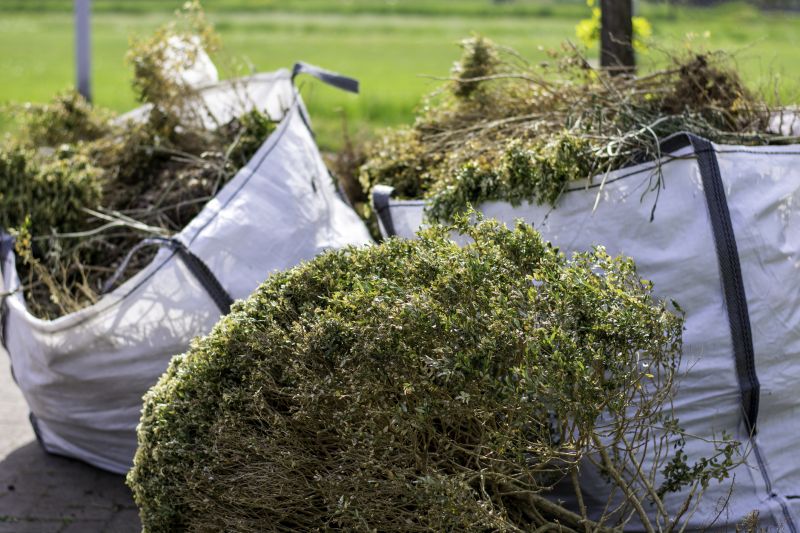
Popular materials for Underbrush Clearings and why they hold up over time.
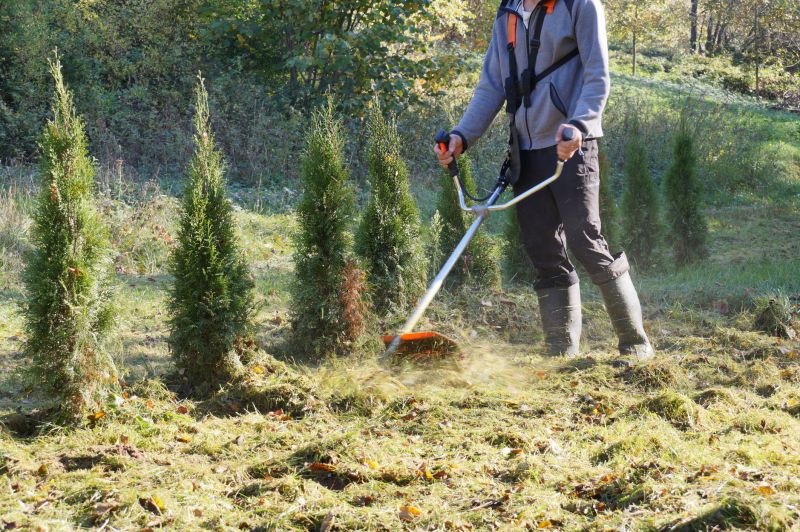
Simple add-ons that improve Underbrush Clearings without blowing the budget.
Underbrush clearing involves removing dense shrubbery, small trees, and accumulated debris to improve safety, visibility, and ecosystem health. It is a vital part of land management, especially in areas prone to wildfires or overgrowth. Proper timing aligns with plant growth cycles and local wildlife activity, ensuring minimal ecological disturbance.
| Best Season | Advantages |
|---|---|
| Spring | Supports new growth, reduces fire risk, and promotes healthy ecosystems. |
| Late Summer/Early Fall | Allows debris removal and prepares land for winter. |
| Dormant Season | Minimizes disruption to wildlife and plant cycles. |
| Late Fall | Ideal for managing overgrowth before winter dormancy. |
| Early Winter | Suitable when vegetation is dormant, reducing ecological impact. |
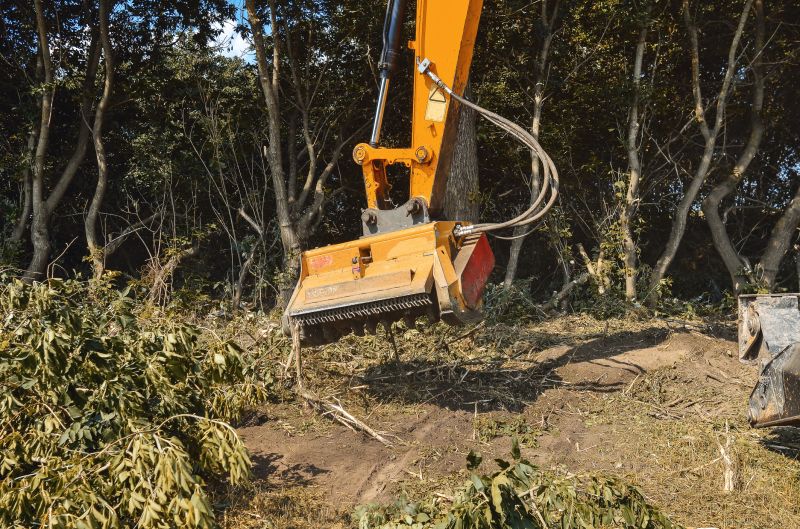
Optimal for promoting healthy plant regrowth.
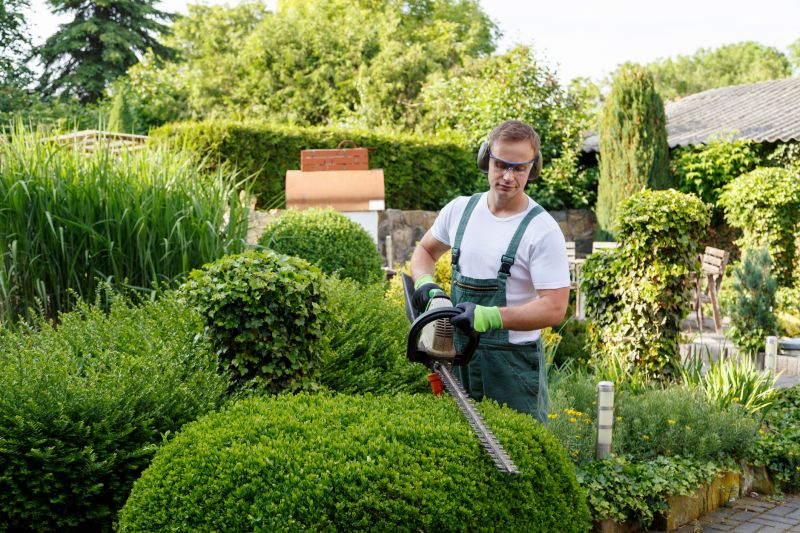
Helps manage overgrowth and reduce fire hazards.
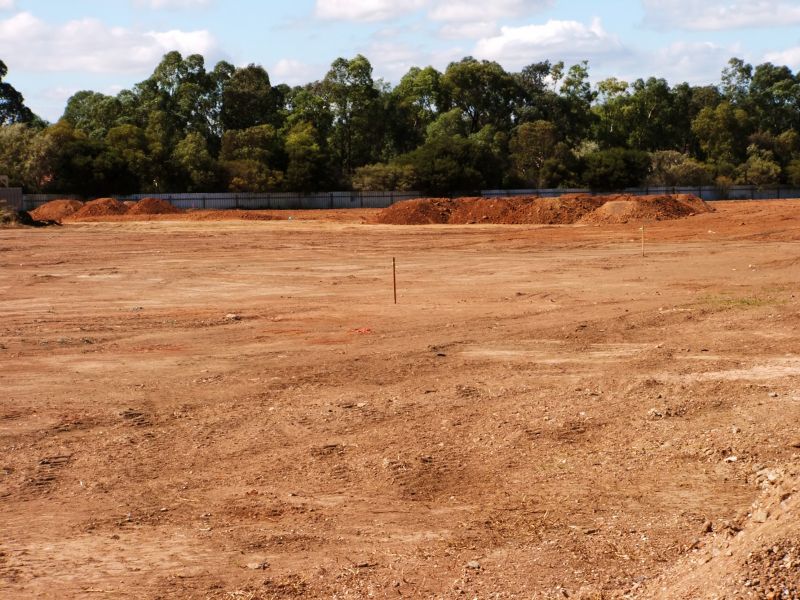
Prepares land for winter and reduces debris.
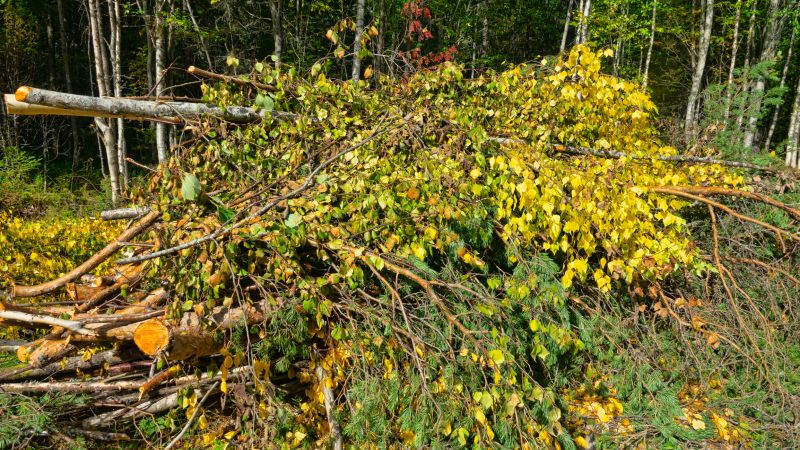
Minimizes ecological disturbance during plant dormancy.

Little measurements that prevent headaches on Underbrush Clearings day.
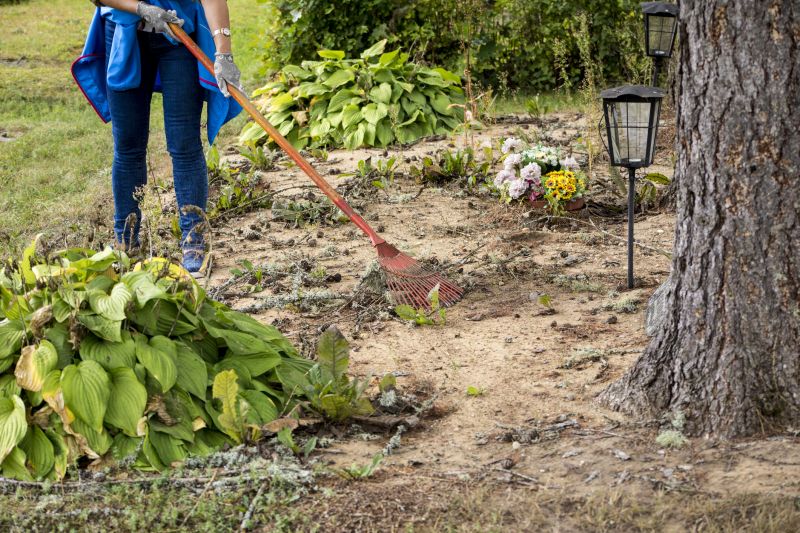
A 60-second routine that keeps Underbrush Clearings looking new.
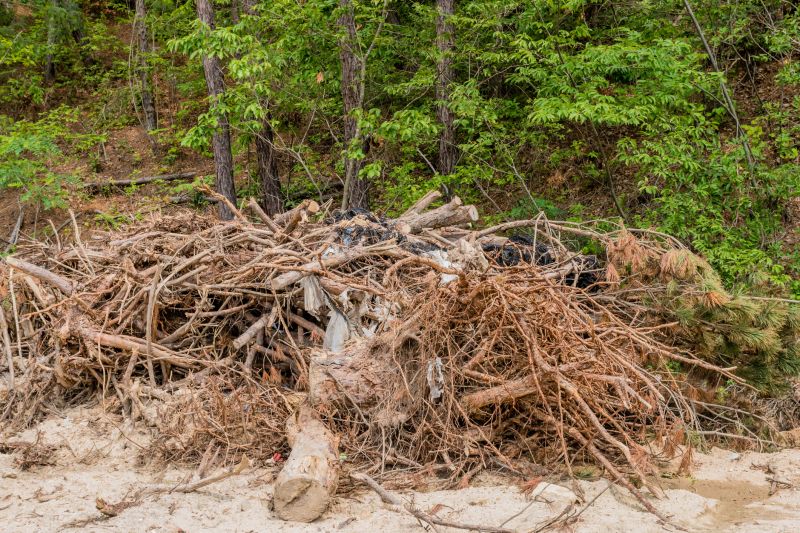
A frequent mistake in Underbrush Clearings and how to dodge it.
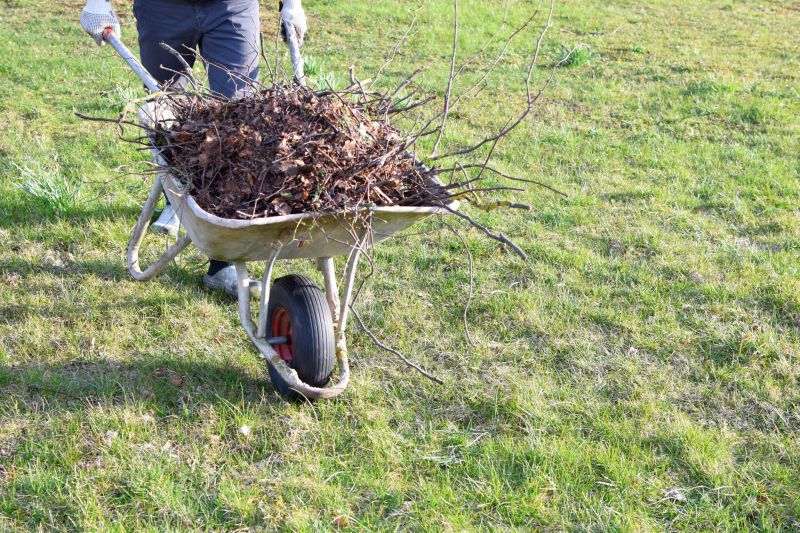
Small tweaks to make Underbrush Clearings safer and easier to use.
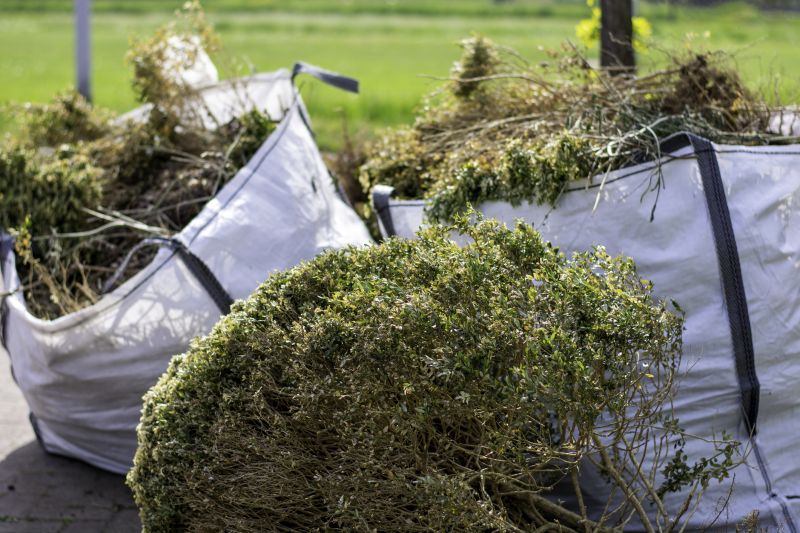
Lower-waste or water-saving choices for Underbrush Clearings.
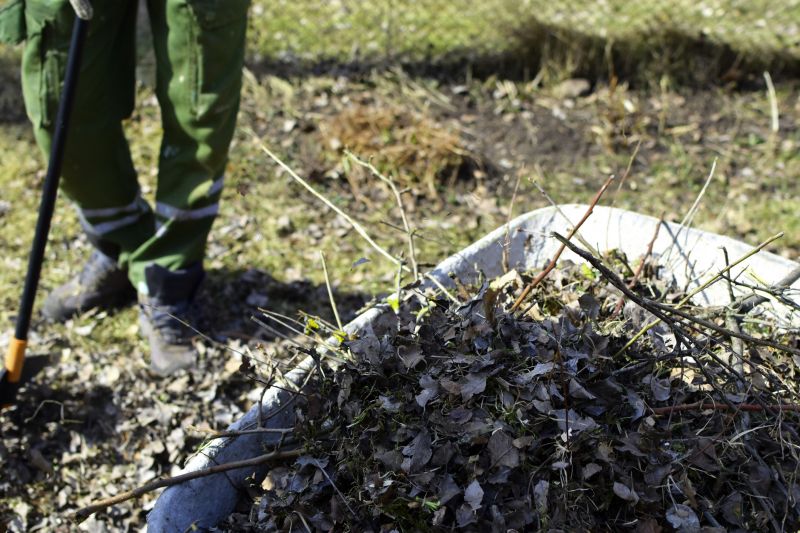
The short, realistic tool list for quality Underbrush Clearings.
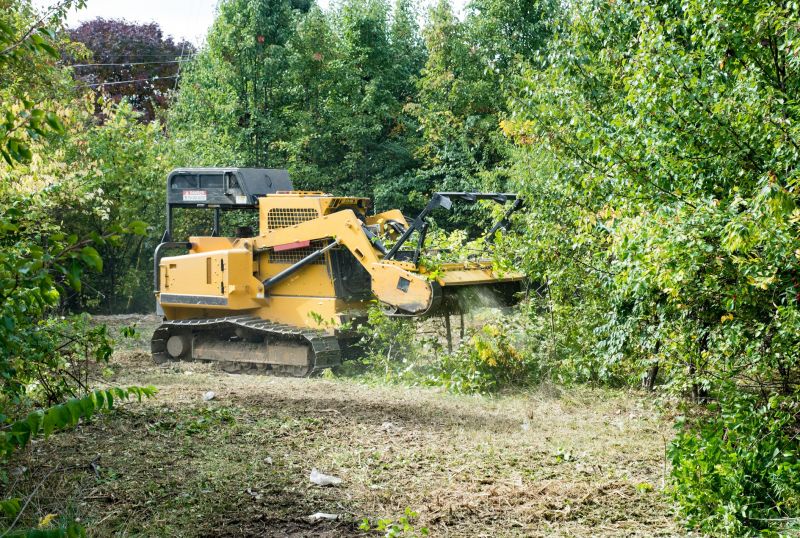
Rough timing from prep to clean-up for Underbrush Clearings.

Quick checks and paperwork to keep after Underbrush Clearings.
Timing underbrush clearings appropriately enhances land management efforts, reduces fire hazards, and supports ecological balance. Regular maintenance during the optimal seasons ensures landscapes remain healthy, safe, and accessible for future use. Consulting local guidelines and ecological considerations can further refine the timing for specific areas.
Interested in scheduling an underbrush clearing? Filling out the contact form can provide additional information and assistance tailored to specific landscape needs.



